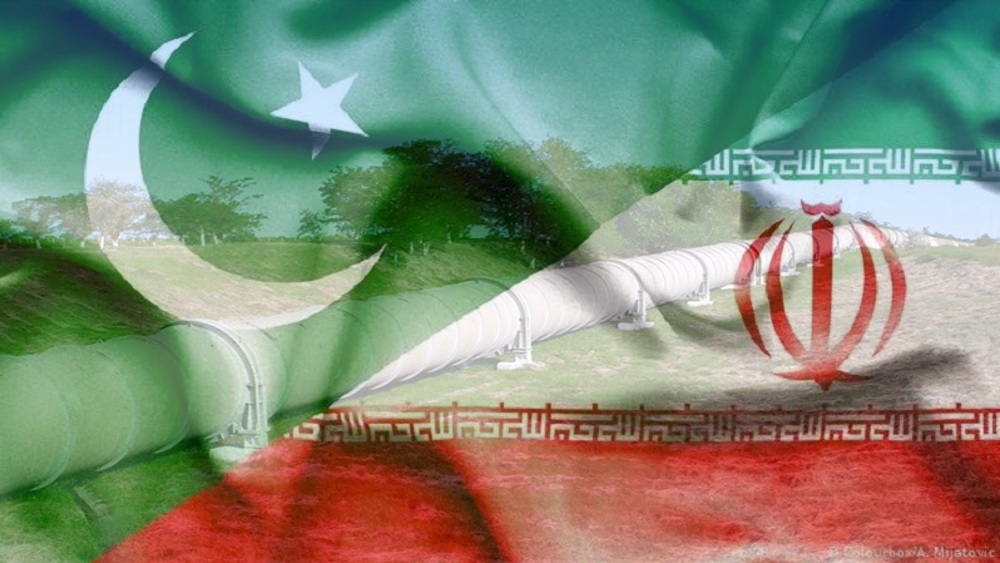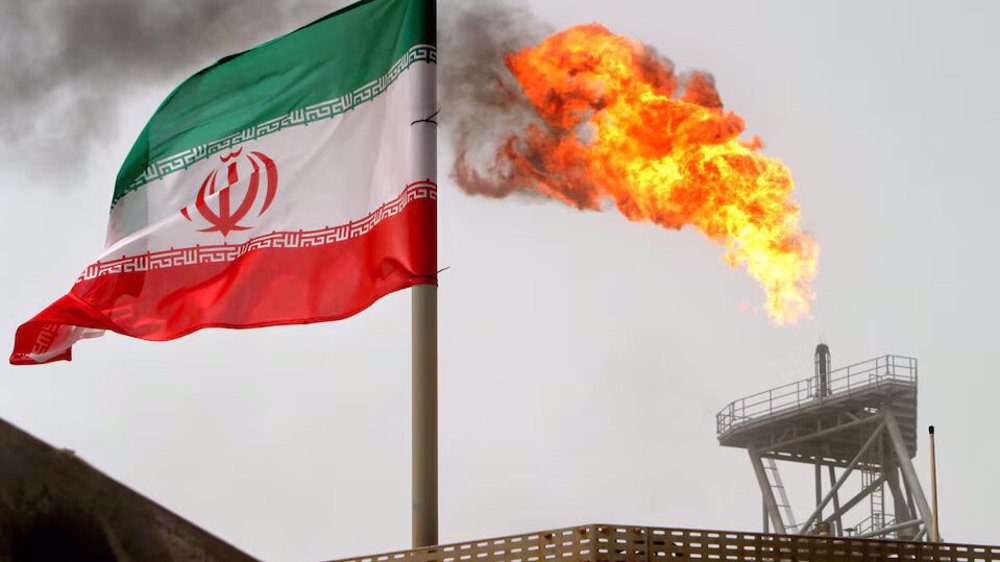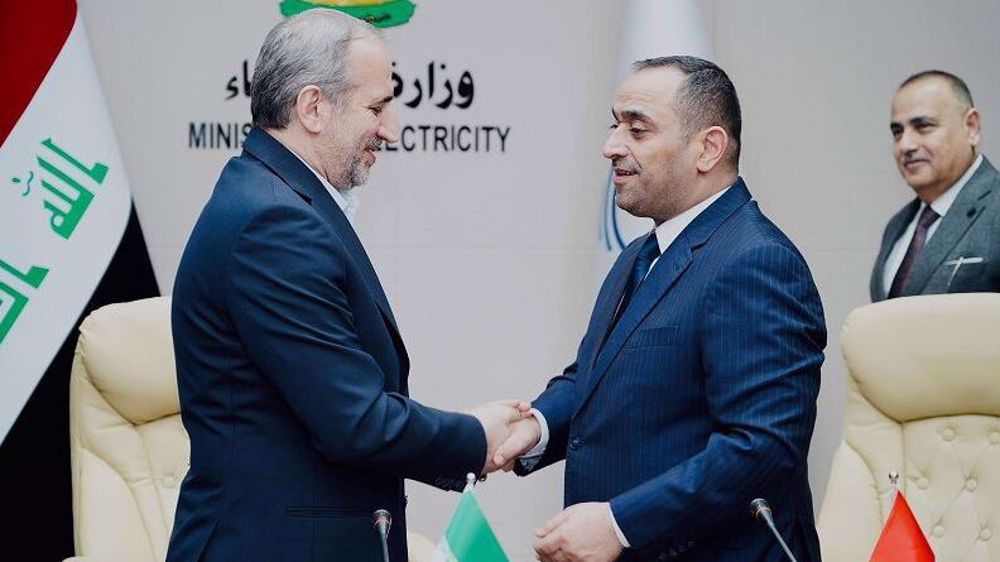South Korea is Iran’s new natural gas client
State-run Korea Gas Corp (KOGAS), the world’s second-largest single buyer of liquefied natural gas (LNG), says it plans to import natural gas from Iran as well as explore opportunities to acquire gas field stakes in the country.
A KOGAS official said the company was looking to diversify its import sources as supply contracts with Qatar and Oman were set to expire by 2015.
“Iran is rich in natural gas so we would like to work closely with both public and private energy companies there,” the official was quoted by Korea Times as saying.
In May 2016, Iran awarded a deal to carry out technical studies on the offshore Balal gas field in the Persian Gulf to KOGAS.
An Iranian official said in June this year that the country was working on a plan to develop small-size gas liquefaction units with South Korean companies, including KOGAS.
Saeed Pakseresht, director for research and development affairs of the National Iranian Gas Company (NIGC), was quoted saying that a consortium from Iran and another from South Korea, including Oceanus and KOGAS, would be involved in the scheme.
"We do not have the technology to develop mini-LNG plants, but joining hands with companies like the Oceanus consortium and KOGAS is an important first step to develop our LNG sector," he said.

Korean companies are also expanding their involvement in Iran’s massive oil sector. Last month, South Korea’s SK Engineering and Construction Co (SKEC) signed a heads of agreement for a 1.6 billion euro upgrade of Tabriz refinery.
A separate $2 billion contract is about to be signed with South Korea’s Daelim company to boost oil processing capacity at Isfahan refinery, according to Abbas Kazemi, who is Iran's deputy petroleum minister.
South Korea’s imports of Iranian crude oil increased 40.2 percent in August from the same month a year earlier, Reuters reported on Friday, citing customs data.
The Asian country is a major client of Iran’s condensate, an ultra-light high quality oil. According to the Reuters report, South Korea imported 12.22 million tonnes, or 368,529 bpd, of oil from Iran in the first eight months of 2017, up 46.7 percent from 8.33 million tonnes during the same period the year before.
Shell eyes Azadegan field
Royal Dutch Shell says it prepares to bid for Iran’s development of giant Azadegan field after putting an end to a century of oil production in neighboring Iraq.
Shell has submitted the results of its feasibility studies on South Azadegan and Yadavaran fields to the National Iranian Oil Company (NIOC), the Ministry of Petroleum’s Shana news agency reported.
Both fields lie across the Iraqi border in Iran's strategic West Karoun oil cluster. Shell signed a basic agreement with NIOC in December 2016 to study the investment potentials in South Azadegan and Yadavaran as well as Kish gas field.
South Azadegan, discovered in 2001, has recoverable reserves of about 2 billion barrels. It is believed to be connected with Iraq’s Majnoon field from which Shell has decided to withdraw.

The decision announced by Shell on Wednesday came after long-running talks on a planned output expansion from current levels of 220,000 barrels per day appeared to founder.
The Anglo-Dutch firm said it had agreed with Iraq’s oil ministry to relinquish operations at Majnoon field to the government after unfavorable changes to fiscal terms.
Shell is also selling its 20 percent stake in West Qurna 1 oil field in southern Iraq which is operated by Exxon Mobil.
EU to expand sanctions on Iran over retaliation against Israel
'US, West must abandon double standards towards Israel's acts of terror'
April 17: ‘Axis of Resistance’ operations against Israeli occupation
UN Security Council to vote on full Palestinian UN membership on Friday
Palestinians across Gaza face 'man-made famine’: UNRWA
UK, Italy call on Israel to refrain from escalating tensions in region
VIDEO | Toronto activists block Canada-US rail line in support of Gaza
FM: Iran informed US of retaliatory strikes against Israel










 This makes it easy to access the Press TV website
This makes it easy to access the Press TV website